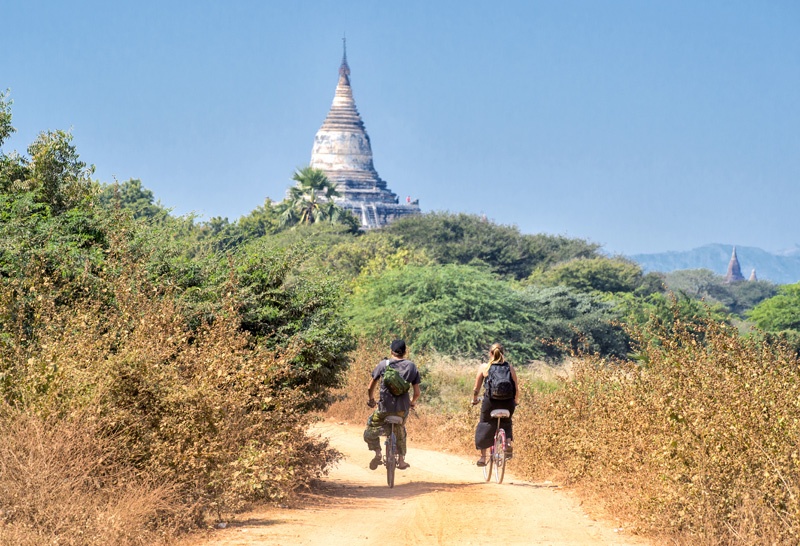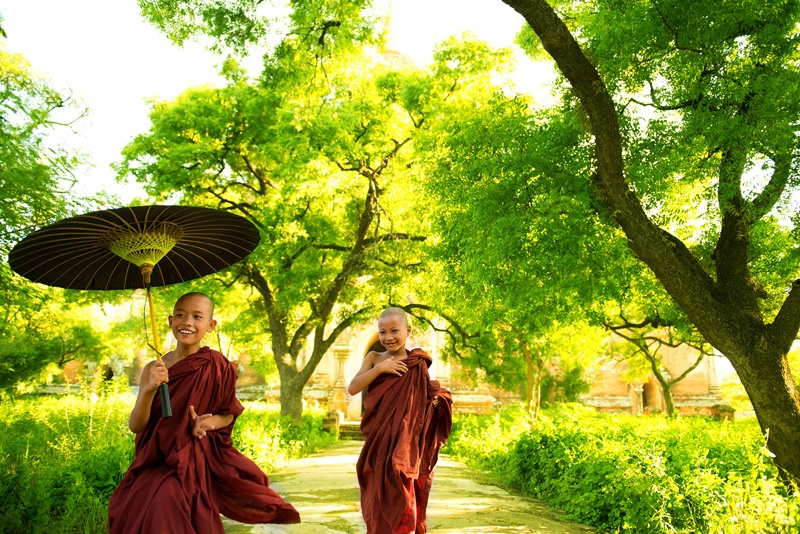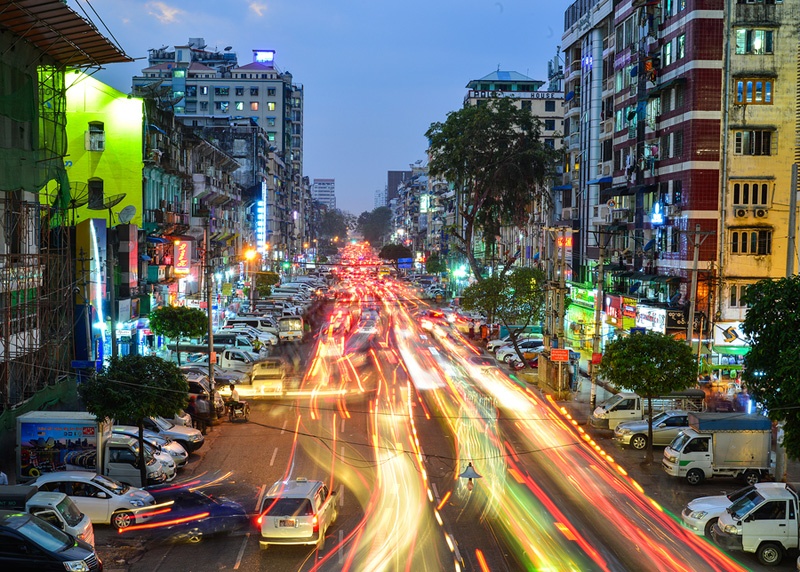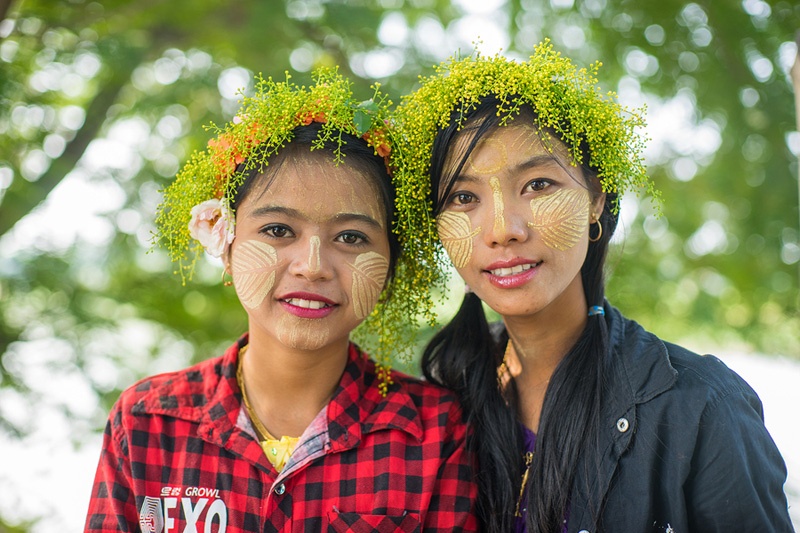Myanmar continues to represent a Southeast Asian country less encroached upon by tourism development, and having relatively intact cultural heritage. As Myanmar travel and tours expand, however, so too does travelers’ responsibility to approach cross-cultural interchange in a mindful way. Familiarizing oneself with cultural norms and observing them when visiting is not only critical for ensuring the best trip possible, but fundamental to showing respect for this country and its people and for supporting the best future for both.

 Whenever we travel, we are guests in anothers’ land. Dedicating ourselves to learning how we can interact well with others’ ways of life is important and can be done before we travel, including to faraway regions like Southeast Asia. Many of these countries, Myanmar included, are highly multicultural thanks to their ethnic minorities, and tend to be conservative and religiously devout. This is often part of why we seek to visit: to observe and appreciate ways of life that can differ from our own. Here are some cultural norms for travel in Myanmar to keep in mind.
Whenever we travel, we are guests in anothers’ land. Dedicating ourselves to learning how we can interact well with others’ ways of life is important and can be done before we travel, including to faraway regions like Southeast Asia. Many of these countries, Myanmar included, are highly multicultural thanks to their ethnic minorities, and tend to be conservative and religiously devout. This is often part of why we seek to visit: to observe and appreciate ways of life that can differ from our own. Here are some cultural norms for travel in Myanmar to keep in mind.
Personal physical conduct:
-
Touching of another’s head is considered taboo and highly forbidden; the head is the “highest” part of the body, personal and spiritually.
-
Exposing or pointing the foot towards another, especially an elder or a Buddha statue, is offensive; the foot is considered “lowly” and disdainful.
-
All should dress modestly when entering a temple; covering the legs (no shorts on men) and shoulders (particularly for women) is required.
-
Removing shoes when entering pagodas and monasteries is a common practice; extend your extra respect to monks, nuns and other religious figures, though you yourself may not be a practitioner of their religion or philosophy.

Conversation:
-
A smile and slight bow is an acceptable means of greeting another when language barriers exist. Always greet others when meeting them, elders especially. Learning basic greetings in Burmese or the local dialect of the people group you are visiting goes a long way in building rapport.
-
Speaking of the government, the Myanmar junta (military governing force dissolved in 2011), and other political topics unless instigated by a local, is not permissible. Only discuss this with a local if you have known them previously and are friends.
-
Showing anger publicly is considered to be quite offensive; keep calm and practical if and when difficult situations arise.
-
When in restaurants, it is normal and common to call the waiter by making a kissy noise; though surprising at first, give it a try!

Myanmar tours are an awesome opportunity to share in the ways of life of this beautiful country. Make the most of your learning beforehand and etiquette while there, and you’ll return home with friends for life!













